Mastering AC Efficiency: Practical Tips for Achieving Cooler Air in Your Home
As temperatures rise, homeowners are turning to their air conditioning units. However, running an AC is expensive and can put a significant strain on the environment. Therefore, it’s imperative to ensure that your air conditioning unit operates efficiently while providing you with comfortable living conditions. In this article, we’ll cover practical tips for mastering AC efficiency- from choosing the right sized unit to managing maintenance tasks- so that you can enjoy cooler air in your home without breaking the bank or harming the planet.
Choosing the Right Sized Air Conditioning Unit for Your Home
Choosing the right sized air conditioning unit for your home is crucial to ensure that it cools efficiently without wasting energy. Many homeowners believe that purchasing a larger AC will provide them with better cooling, but this isn’t necessarily true. Oversized units can cool quickly but also turn off before effectively removing humidity from the air, leading to less comfortable living conditions. On the other hand, undersized units run continuously and struggle to keep up with demand which leads to higher electricity bills.
To determine the appropriate size of an AC unit for your home, consider factors such as house size (square footage), ceiling height, insulation quality as well as windows and doors’ number in each room. A professional HVAC contractor can conduct a load calculation that considers all these variables and recommends an appropriately-sized unit within your budget range. This ensures efficient cooling during hot weather while minimizing energy consumption and excessive wear on the system resulting in reduced need or costly repairs or replacements downthe line..
Understanding Your Home’s Insulation and Ventilation
Understanding your home’s insulation and ventilation is crucial in ensuring that your air conditioning unit operates efficiently. Insulation acts as a barrier against heat transfer, which means it can help prevent unwanted heat from entering your home. Properly insulated walls, floors, and ceilings will make it easier for the AC to cool down the interior space without overworking itself.
Ventilation is also key since hot air rises, it’s essential to have proper airflow and ventilation in your attic so that any trapped hot air can escape easily. Poor ventilation can trap this hot air inside the house causing unnecessary strain on your AC unit leading to higher energy bills and decreased longevity of the system.
Overall, understanding how insulation and ventilation work together with an efficient HVAC (heating, ventilating, and air conditioning) system will help provide optimal indoor comfort while saving you money on energy costs long term.
Managing Your Thermostat for Optimal Efficiency
Managing your thermostat for optimal efficiency is crucial to reducing energy consumption and ensuring a comfortable living environment. The first step in achieving this is by selecting the right sized air conditioning unit that suits your needs, location, and lifestyle. Oversized AC units may cool rooms quickly, but it leads to inefficient cycling leading to high bills and unnecessary environmental strain. Adequately sized ACs evenly distribute cold air in your home without complications.
Another way of maximizing efficiency while using an air conditioner involves regular maintenance of the filters – cleaning or replacing them every thirty days ensures smooth airflow; hence less work for the unit which saves on power usage; leading to lower utility costs and prolonging the lifespan of an AC system. You also want to set appropriate temperatures depending on time and usage patterns – generally setting thermostats at 7-10 degrees saving between 10-15% annually translating into up-front cost savings amassing over-time despite variation operating expenses from seasonally fluctuating electricity rates.
By applying these tips when managing AC systems, homeowners can enjoy comfort levels with minimal harm caused on both financial or environmental fronts in balancing their cooling effects against conserving power usage enhancing quality lifestyles living within surroundings forever sustainably protecting our planet earth eliminating any harmful impact upon her beauty’s wellbeing today!
Maintaining Your Air Conditioning Unit for Long-Term Efficiency
To maintain the long-term efficiency of your air conditioning unit, it’s crucial to adhere to a few simple tips. First and foremost, ensure that you choose an appropriate sized unit for your home. An overly large AC can lead to constant short cycling, whereas a too-small one might not cool adequately. Besides this, make sure you clean or replace the filters regularly since they play a significant role in maintaining airflow and functionality.
Secondly, perform routine maintenance tasks such as cleaning fins and coils and ensuring that the system is free from debris or dirt buildup. A dirty coil or clogged fins can impede airflow resulting in ineffective cooling and added stress on compressor- which could cause lasting damage.
By following these simple steps, you’ll extend the lifespan of your air conditioning unit while keeping it running efficiently- saving money on energy bills without compromising comfort levels during hot summer days.
Maximizing Your AC’s Energy Efficiency with Regular Cleaning
Maximizing your AC’s energy efficiency with regular cleaning is crucial for maintaining a comfortable environment while also minimizing costs. A dirty air conditioner can result in decreased airflow, higher power consumption, and an overall reduction in performance. Proper maintenance includes regularly changing or cleaning air filters, checking the evaporator coils and condenser coils for dirt buildup, as well as inspecting the fins and drain line for any blockages.
Moreover, regular inspection of your AC unit by a professional technician ensures that all components are functioning effectively. Annual preventative maintenance helps to detect issues early on before they develop into costly repairs or replacements. By investing time and money in caring for your air conditioning system through regular cleaning and maintenance checks, you can maximize its energy efficiency while saving money on utility bills and reducing harmful environmental impact.
The Benefits of Investing in Smart Technology for Your AC
By investing in smart technology for your AC, you can unlock a range of benefits that go beyond simply making your home cooler. For starters, smart thermostats allow you to have greater control over your AC and adjust the temperature remotely through an app on your phone. This means you don’t need to waste energy cooling an empty house or come home to a sweltering living room.
Additionally, many new AC units come equipped with features such as air purification systems and humidity control that not only improve air quality but also make your unit work more efficiently overall. By filtering out pollutants like dust or pet dander from the air, these technologically-advanced systems help prevent clogs in the system which can reduce airflow and cause wear and tear on components by straining them unnecessarily.
Ultimately, investing in smart technology for your AC is a win-win situation; not only does it create more comfortable living conditions at home but it can also save you money while reducing carbon emissions associated with excessive energy consumption.
Simple Changes You Can Make to Your Home for Improved AC Efficiency
There are several simple changes you can make in your home to improve the efficiency of your air conditioning unit, which can save you money on energy bills and reduce environmental impact. The first step is ensuring that your AC is appropriately sized for your living space. An oversized or undersized unit will not cool effectively and may waste energy. Consult an HVAC professional to determine the right-sized unit for your home.
Next, make sure that all windows and doors in the house are closed when using the AC. This reduces heat gain from outside sources, allowing for efficient cooling without putting excessive strain on the system. Regularly cleaning or replacing air filters also helps maintain efficiency by preventing dust buildup within the system.
Finally, consider installing a programmable thermostat so that you can regulate temperature settings based on occupancy times during the day. Running an AC at high levels continuously while nobody’s home wastes energy- adjusting temperatures automatically when no one’s around saves money while keeping costs low. ecoming aware of these practices will help ensure sustained comfort in hotter regions where running air conditioner units have beome inevitable!
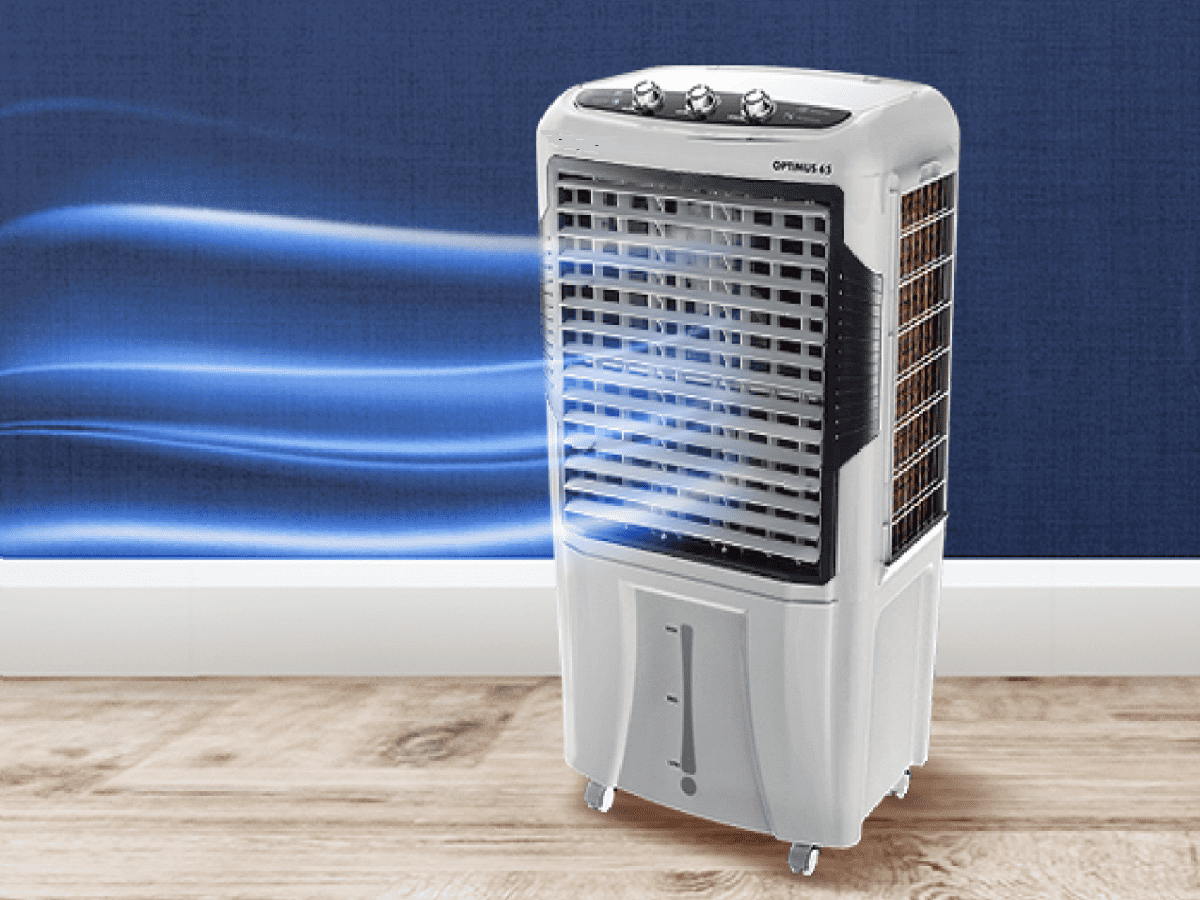
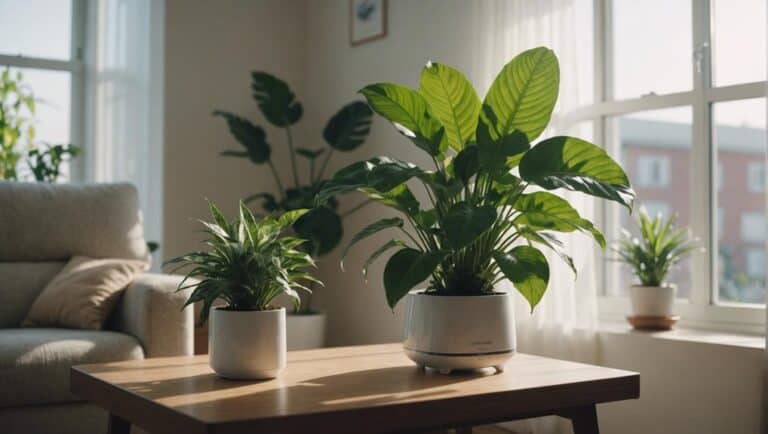


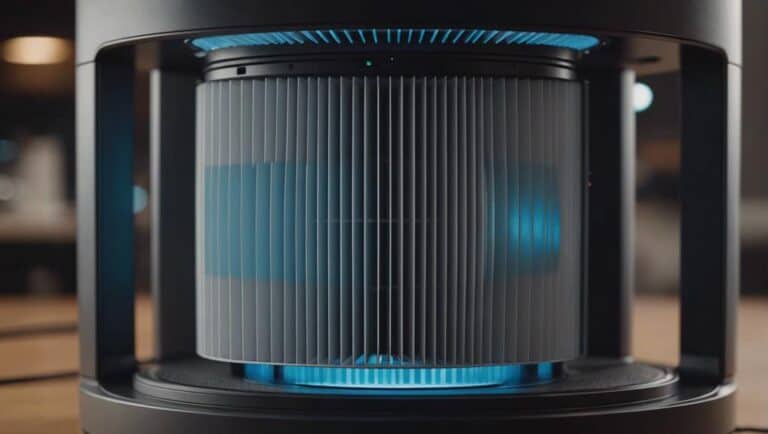
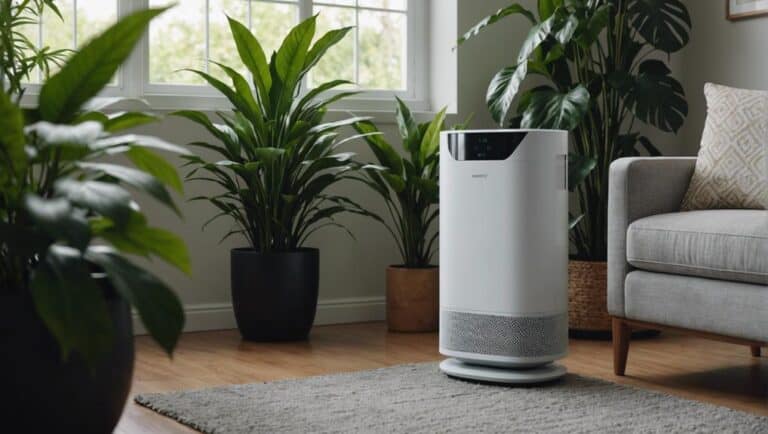
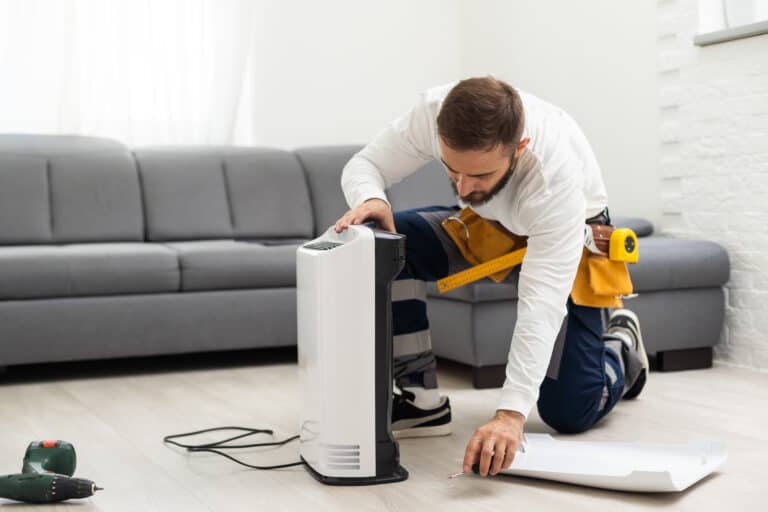
2 Comments